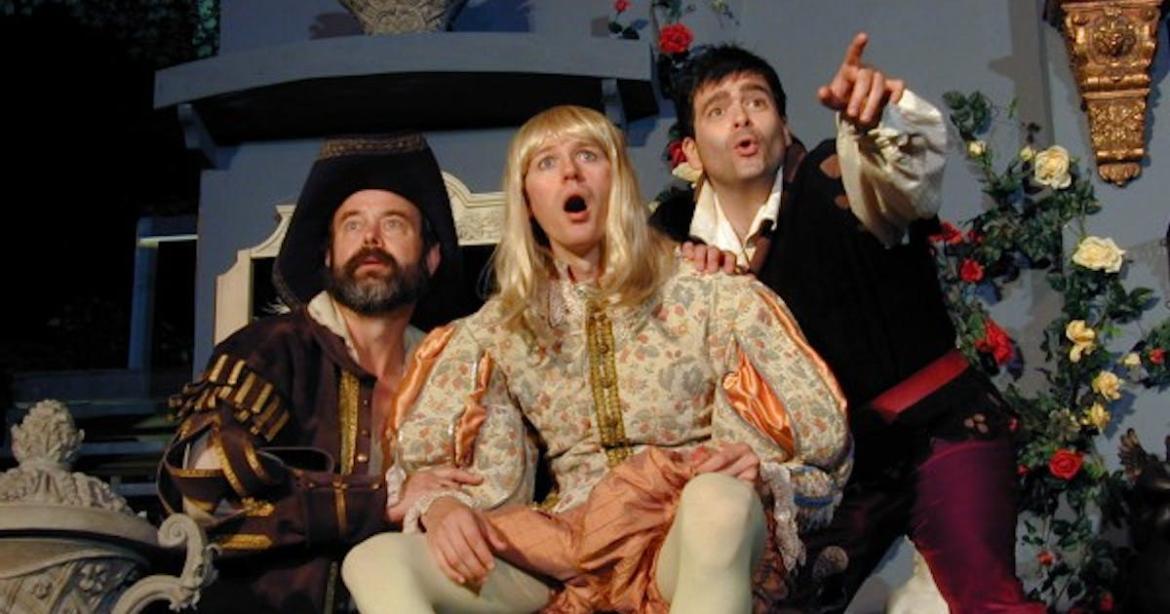What Are the Most Famous Works of William Shakespeare?
William Shakespeare, often regarded as the greatest writer in the English language, has left an indelible mark on literature and culture worldwide. His prolific career spanned decades, producing an extraordinary body of work that continues to captivate audiences centuries after his death. This article delves into the most famous works of William Shakespeare, exploring their enduring appeal and significance.

Shakespeare's Most Famous Plays
Tragedies:
- Romeo and Juliet: A timeless tale of star-crossed lovers, Romeo and Juliet's tragic romance has resonated with readers and audiences for generations.
- Hamlet: A complex exploration of madness, revenge, and existentialism, Hamlet's introspective nature and philosophical musings have made it a cornerstone of Shakespearean tragedy.
- Macbeth: A cautionary tale of ambition and its consequences, Macbeth's descent into darkness and guilt remains a haunting and powerful narrative.
- King Lear: A powerful examination of family, power, and betrayal, King Lear's tragic downfall serves as a poignant exploration of human frailty.
Comedies:
- A Midsummer Night's Dream: A whimsical comedy of love and magic, A Midsummer Night's Dream's enchanting forest setting and mischievous fairies have captivated audiences for centuries.
- The Taming of the Shrew: A battle of wills between a strong-willed woman and her suitor, The Taming of the Shrew's witty dialogue and dynamic characters make it a delightful and enduring comedy.
- Twelfth Night: A comedy of mistaken identities and unrequited love, Twelfth Night's intricate plot and memorable characters have made it a beloved classic.
- As You Like It: A pastoral comedy exploring love, friendship, and self-discovery, As You Like It's idyllic setting and philosophical musings offer a refreshing escape from the complexities of life.
Histories:
- Henry V: A patriotic play celebrating England's victory at Agincourt, Henry V's stirring speeches and epic battle scenes have made it a popular choice for historical dramas.
- Richard III: A dark and twisted tale of ambition and villainy, Richard III's Machiavellian scheming and ruthless pursuit of power make it a gripping and unforgettable tragedy.
- Julius Caesar: A political thriller examining the rise and fall of a Roman leader, Julius Caesar's exploration of power, betrayal, and the consequences of ambition remains relevant and thought-provoking.
Shakespeare's Sonnets
In addition to his plays, Shakespeare also wrote a collection of 154 sonnets, which are widely regarded as some of the finest examples of the sonnet form in English literature. These sonnets explore various themes, including love and beauty, time and mortality, friendship and betrayal, art and creativity. Shakespeare's sonnets offer a glimpse into his personal thoughts and emotions, providing a unique perspective on his worldview and artistic sensibilities.
Shakespeare's Influence On Literature And Culture
Shakespeare's impact on literature and culture cannot be overstated. His works have had a profound influence on the English language, shaping its vocabulary, grammar, and syntax. His plays and sonnets have been adapted into countless films, television shows, operas, and other artistic forms, ensuring their enduring relevance and appeal. Shakespeare's characters, themes, and language have become ingrained in popular culture, referenced and alluded to in countless works of art, literature, and music.
William Shakespeare's most famous works, including his plays and sonnets, stand as testaments to his extraordinary talent and enduring legacy. His ability to capture the human condition, explore universal themes, and create memorable characters has ensured that his works continue to resonate with audiences worldwide. Shakespeare's influence on literature, language, and culture is immeasurable, and his works remain essential reading for anyone interested in the richness and complexity of the human experience.

YesNo

Leave a Reply